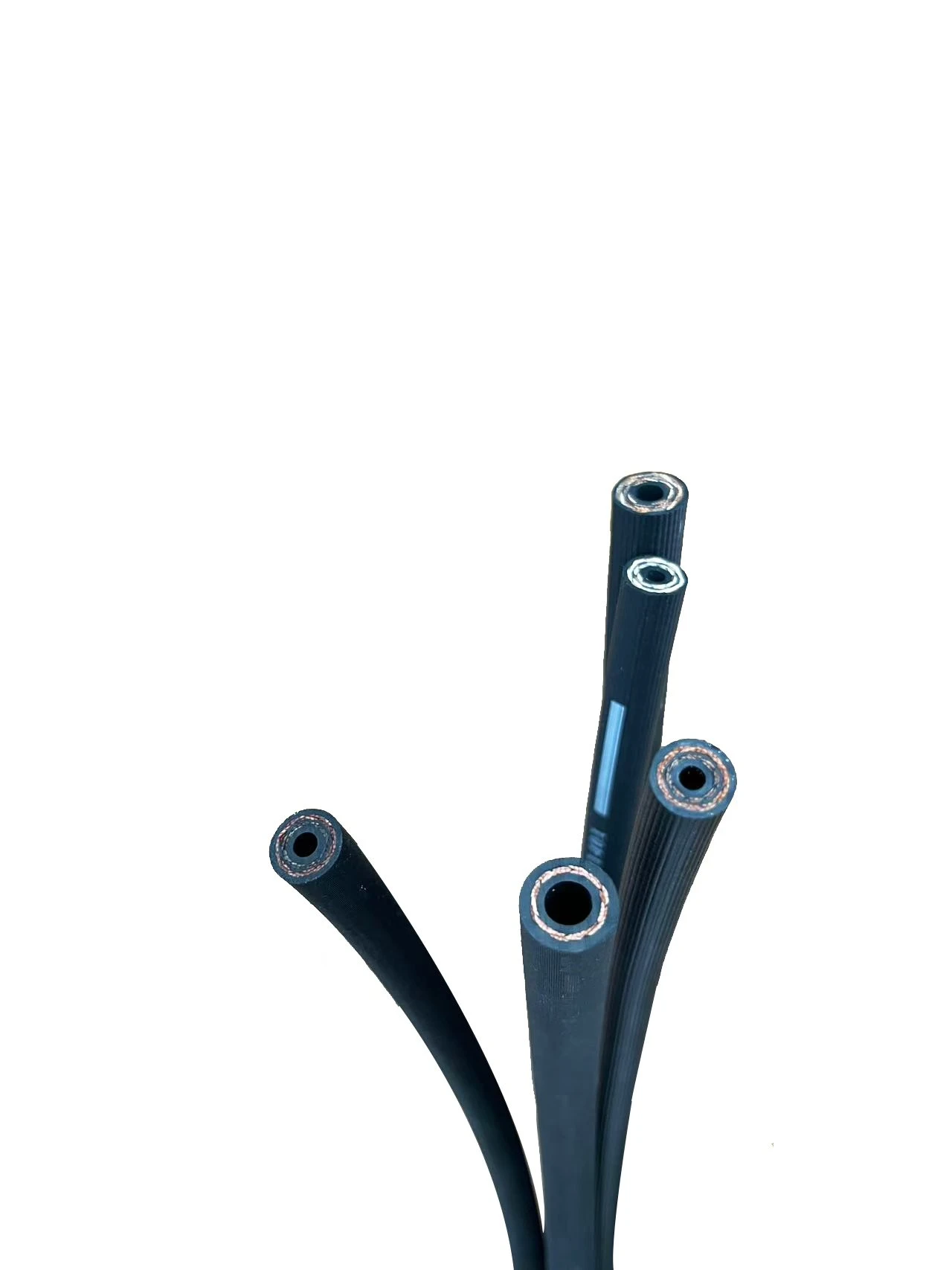Essential Guide to Choosing the Right Gas Hose for Your Vehicle
Oct . 21, 2024 13:14 Back to list
Essential Guide to Choosing the Right Gas Hose for Your Vehicle
The Importance of Gas Hoses in Automotive Applications
When it comes to automotive design and maintenance, various components work in harmony to ensure the vehicle operates efficiently and safely. Among these components, gas hoses play a crucial yet often overlooked role. Gas hoses are essential for the delivery of fuel from the tank to the engine and for the proper functioning of various automotive systems, such as fuel injection and vapor recovery.
Understanding Gas Hoses
Gas hoses are flexible tubes designed to withstand high pressure and corrosive fuel. Made from durable materials such as rubber or thermoplastic elastomer, these hoses are engineered to resist degradation caused by gasoline and other substances. During the operation of a vehicle, these hoses facilitate the flow of fuel, ensuring that the engine receives the necessary resources for combustion.
The design of a gas hose is not uniform; it varies according to its specific application. Different types are used for fuel delivery, vapor recovery, and even in high-performance vehicles that might face higher pressures and temperatures. Manufacturers often produce hoses that meet rigorous standards set by organizations such as the Society of Automotive Engineers (SAE), ensuring safety, longevity, and reliability.
Safety Considerations
Safety is paramount in the automotive industry, and the gas hose is no exception. A faulty or degraded gas hose can lead to disastrous consequences, including fuel leaks that can result in fires or explosions. Regular inspections and maintenance are crucial to ensure that gas hoses remain in good condition. Signs of wear such as cracks, swelling, or hardening should prompt immediate replacement.
gas hose car

Moreover, during vehicle refueling, the integrity of the hose must be maintained to prevent fuel vapors from escaping into the atmosphere. This is where vapor recovery systems, often integrated with gas hoses, come into play, capturing vapors that would otherwise contribute to air pollution.
The Role of Gas Hoses in Performance
Beyond safety, gas hoses also affect vehicle performance. In high-performance cars, for instance, the diameter and material of the gas hose can significantly impact fuel flow and, consequently, engine power. Performance-oriented vehicles often use specialized hoses that can withstand higher temperatures and pressures, ensuring optimal fuel delivery even under strenuous conditions.
Additionally, gas hoses play a role in fuel efficiency. An improperly functioning hose can lead to inadequate fuel delivery, resulting in decreased engine performance and increased fuel consumption. By ensuring that gas hoses are in perfect working condition, vehicle owners can promote better fuel efficiency and ultimately save money at the pump.
Conclusion
In conclusion, gas hoses are a vital component of automotive systems, responsible for safe and efficient fuel delivery. Their importance cannot be overstated, as they play a critical role in both the performance and safety of vehicles. Regular maintenance, inspections, and timely replacements of gas hoses are essential practices for any vehicle owner. As the automotive industry continues to evolve, the development of more advanced materials and designs for gas hoses will likely enhance vehicle performance and safety in the future.
Understanding and maintaining this crucial component can lead to a better driving experience, reduced environmental impact, and peace of mind on the road. Ultimately, investing in the quality and upkeep of gas hoses is an investment in the overall health and performance of the vehicle.
